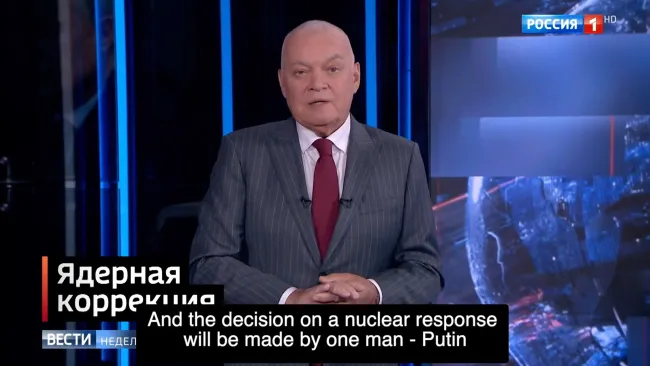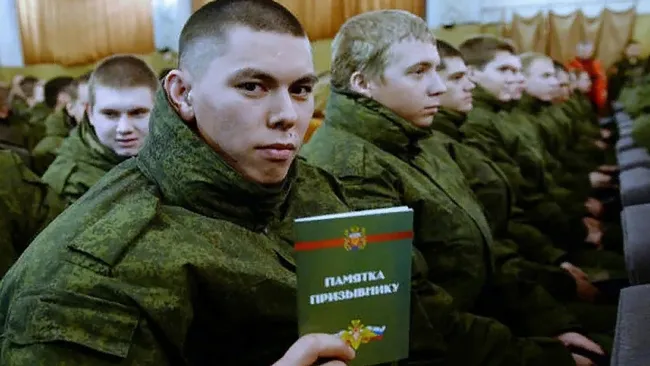India has refused to buy liquefied natural gas (LNG) from Vladimir Putin's flagship Arctic energy project delivering a "major blow" to Moscow's fuel exports, an energy analyst has told Newsweek.
India's oil secretary, Pankaj Jain, has said that New Delhi is "not touching" any commodity from the Arctic LNG 2 project due to sanctions that followed Putin's full-scale invasion of Ukraine aimed at stifling Russian energy revenues, which the United States stepped up this month.
Putin had high hopes for the seaborne resource after losing the lucrative European market for pipeline gas due to sanctions and the president's move to weaponize the fuel, which only spurred countries to find other suppliers.
Following huge losses, Gazprom cut its fuel production while a proposed Power of Siberia 2 pipeline to transport increasingly stranded Russian gas resources to China remains delayed amid haggling over price.
However, attempts by state firm Novatek to get Russia's gas to market through the Arctic LNG 2 project have so far failed after Jain said last Friday, "We are not buying any sanctioned commodity."
Newsweek reached out to Novatek for comment.
Berlin-based energy analyst Tom O'Donnell said Russia's switch to boosting LNG exports has been fraught with difficulties due to sanctions.
"They have had to considerably cut back because they can't get either the equipment to build it or the ships to transport it," he told Newsweek.
"LNG from the new Arctic LNG 2 project was very important for Putin to be able to ship it to India and to China," he said. "With India dropping out, this will be a major blow."
Russia plans to triple its LNG exports by 2030 to 100 million tons. The country is expected to play a key role in India's energy strategy, which has built terminals to receive the fuel.
However, India is getting cold feet due to the U.S. sanctions on entities and individuals for supporting Russia's war effort. On September 4, the U.S. State Department toughened sanctions on the Arctic LNG 2 project, including two entities and two vessels connected to attempts to export the gas.
O'Donnell said the U.S. did not object to India purchasing Russian oil if it was below the $60 price cap imposed by the G7 in 2022, although Moscow has circumvented this with a "shadow fleet" whose ties to Russia are hidden.
"The logic there is that there's no bar to importing the oil; it just had to be imported below the price cap," he said."In the case of the LNG from LNG two, it's an outright ban on the importation, and this would be difficult for the Indians to go up against."
"The Americans seem willing to impose secondary sanctions. They've already started putting secondary sanctions on ships," he added.
India had emerged as a key trade ally for Russia as it sought other markets cut off due to sanctions. It became the biggest buyer of seaborne Russian crude since the start of the war, paying for the discounted commodity in rupees, dirhams and yuan.
However, this increased trade has faced complications. In March, Indian operator Reliance Industries decided not to purchase oil loaded onto tankers of Russia's biggest shipping company, Sovcomflot, after it was hit by sanctions.
Other Indian refiners are rejecting Sovcomflot vessels amid tighter scrutiny of Russian oil deals by banks and U.S. authorities.
"Russian oil exports face longer-term structural challenges, as oil refineries continue to be targeted by the Ukrainian military and the country's oil exports are subject to restrictions by Western sanctions regimes," Marcus Fishburn, head of disputes and Investigations at risk intelligence firm S-RM, told Newsweek.
"These challenges come in the context of a weakening global market, and in particular the slowing down of the Chinese economy, a key market for Russia."
Disclaimer: The copyright of this article belongs to the original author. Reposting this article is solely for the purpose of information dissemination and does not constitute any investment advice. If there is any infringement, please contact us immediately. We will make corrections or deletions as necessary. Thank you.





